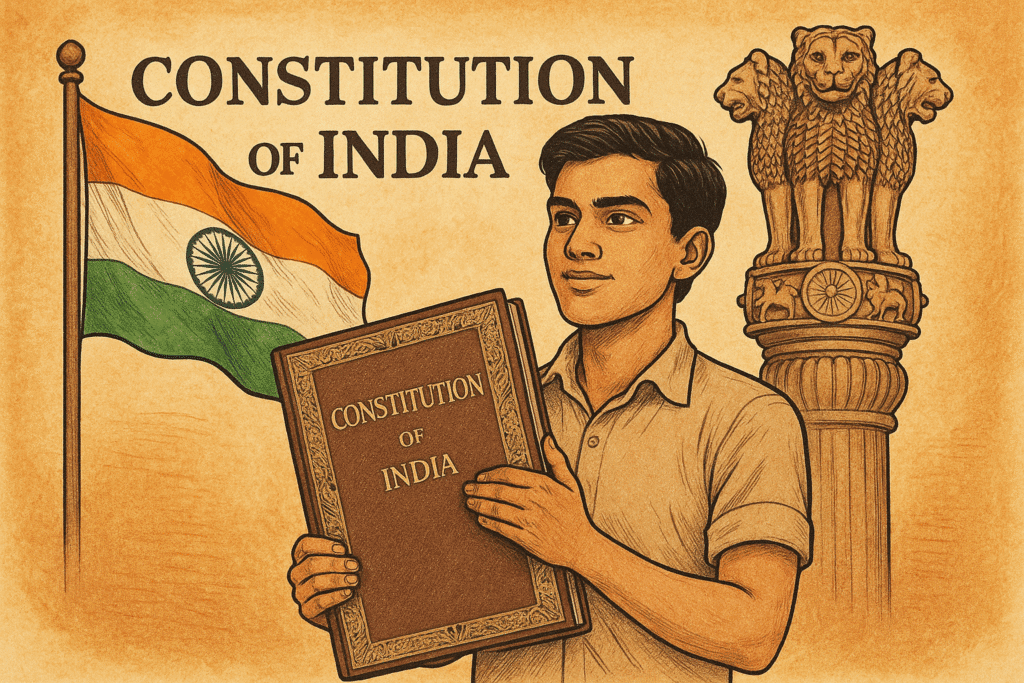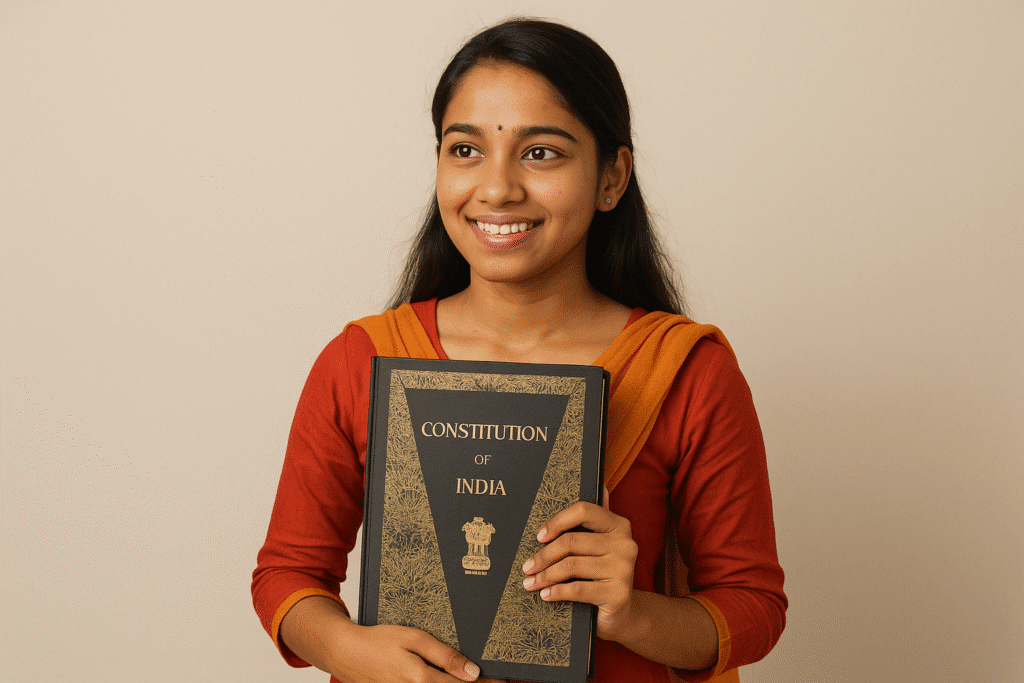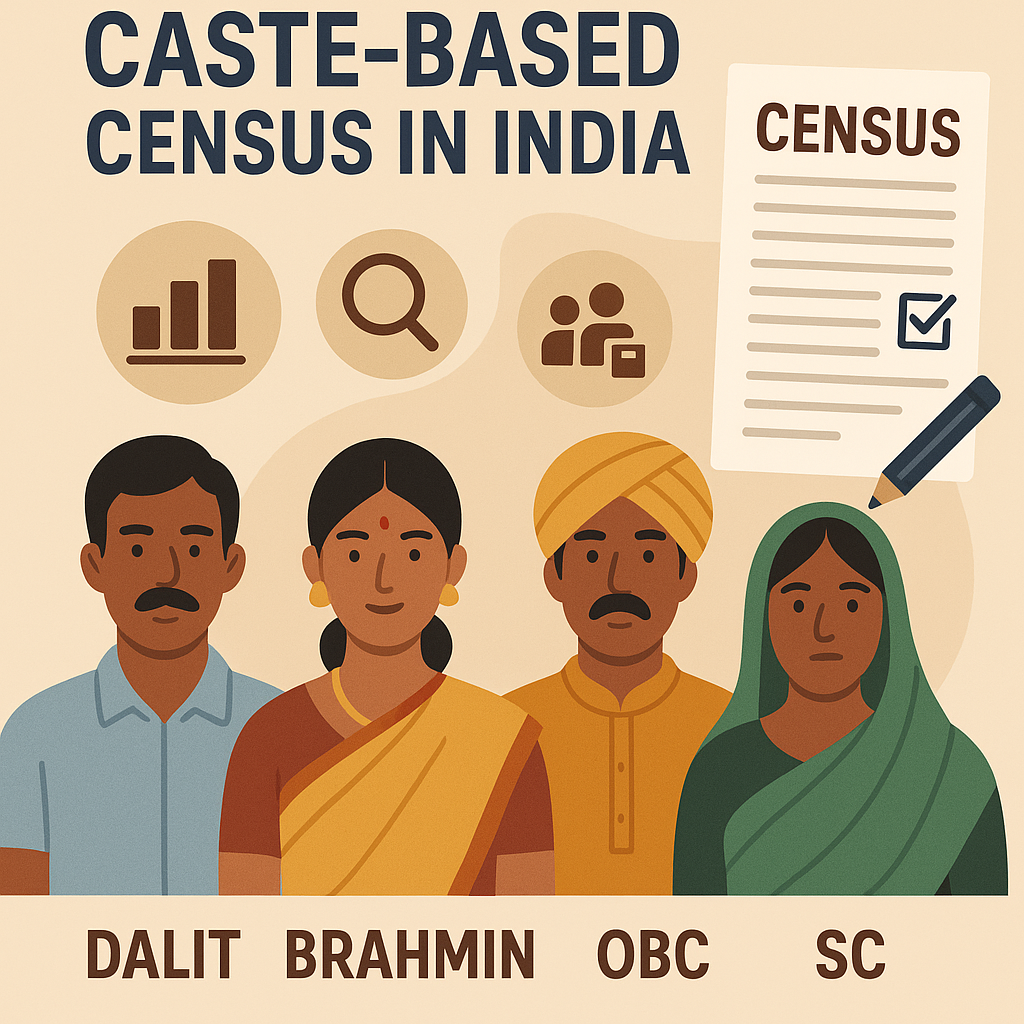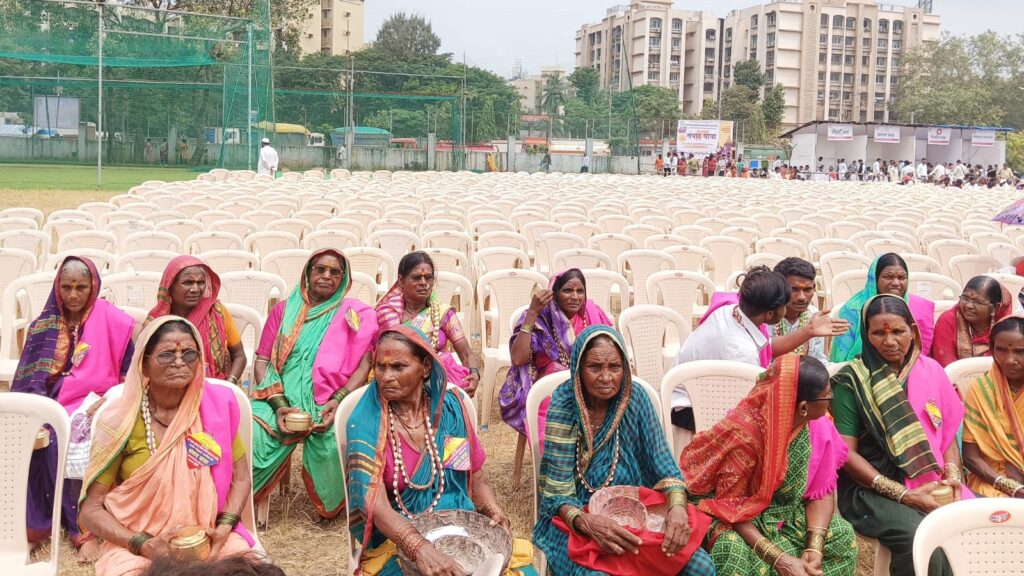Nidhi Shukla | 29 June 2025
The Indian Constitution, in its preamble, dreams of a nation built on justice, liberty, equality, and fraternity. These are not just ceremonial words but values that are meant to shape how we live, think, and treat each other. Yet, in 2025, we still find ourselves asking—are these values truly lived, or are they just recited?
A recent student-led research study at Mumbai University, focusing on “Understanding Constitutional Values Among Youngsters,” offers both hope and a sobering reminder. The study, conducted among college-going youth, reveals that 80% of them are aware of core constitutional values. On the surface, this seems promising. The younger generation, often criticized for being “apathetic,” appears far more conscious and engaged than we give them credit for.
But look deeper.
While awareness is high, lived experience tells a different story—especially for women. When asked about the meaning of constitutional values, a large number of female respondents pointed out that while these values are taught, they are not practiced in real life. For them, the gap between what the Constitution promises and what society delivers is not just academic—it is personal.
This isn’t just a statistical insight. It’s a mirror to our collective conscience.
Why does a woman still feel unequal in a country whose Constitution guarantees her equality? Why does justice feel like a privilege when it should be a right? Why is liberty available to some but a struggle for others? These are not rhetorical questions; they are challenges to the very fabric of our democratic structure.

The research also highlights a concerning gap in basic constitutional knowledge. 37% of youth were unclear about the distinction between the adoption and acceptance of the Constitution. This reflects the inadequacy of our current education system in fostering informed and responsible citizenship. Schools and colleges must do more than just teach the Constitution—they must bring it alive through dialogue, critical thinking, and participatory practices.
For checking Indian the basic awareness of the Indian constitution among youth. The study trying to understand the constitution c in India through awareness. 61% of youth are aware of the adaptation of the constitution in India. 37% of youth are confused between adaptation and acceptance of the Constitution in India. 3% of youth `are not aware of the date of the constitution adopted in India. This feels they are not aware of the Indian Constitution when the matter comes to theoretical knowledge. In the studies, it is suggested that schools and colleges need to be more conscious of teaching student about their basic right and their role in the nation. The study highlight, in the school and college, student didn’t often care about constitutional values and their role as responsible citizens.

And perhaps most strikingly, the study underscores the role of youth as change agents. Despite the contradictions, a majority of them still believe in the power of constitutional values. They recognize that for democracy to survive and thrive, they must not only understand their rights but also take responsibility for upholding these ideals in their everyday lives.
The constitutional values meant different from person to person. 51% of youth believe constitutional values are the principle of basic human values. On the other hand, 13% of youth thing constitution values are important because it helps to make country stable and united. And 24% of youth believe constitutional values are important but sometime they feel values are not fully realized in everyday life. The surprising part is, in all the other responses male respondents are higher than women. But only this response has more female respondents then male. This means women face discrimination in society and the constitutional values are not represented in the society. Women face more violations of constitutional values than men do. According to 8% of youth constitutional values are the soul of democracy and portray their Pride. And 4% of youth thinks constitutional values gives freedom to dreams and express their self.

At Media for Democracy, we believe this moment is a call to action.
It is not enough for youth to know what the Constitution says—they must question why it isn’t always followed. It is not enough to feel proud on Republic Day—they must feel responsible every single day. And most importantly, it is not enough to talk about change—they must become the change.

If our constitutional values are to mean anything beyond textbooks and courtrooms, they must become living, breathing principles. Practiced in classrooms. Reflected in friendships. Defended in streets. And felt equally by all—regardless of gender, caste, or class.
The Constitution is not just a document. It is a daily commitment. Let us not forget that.



